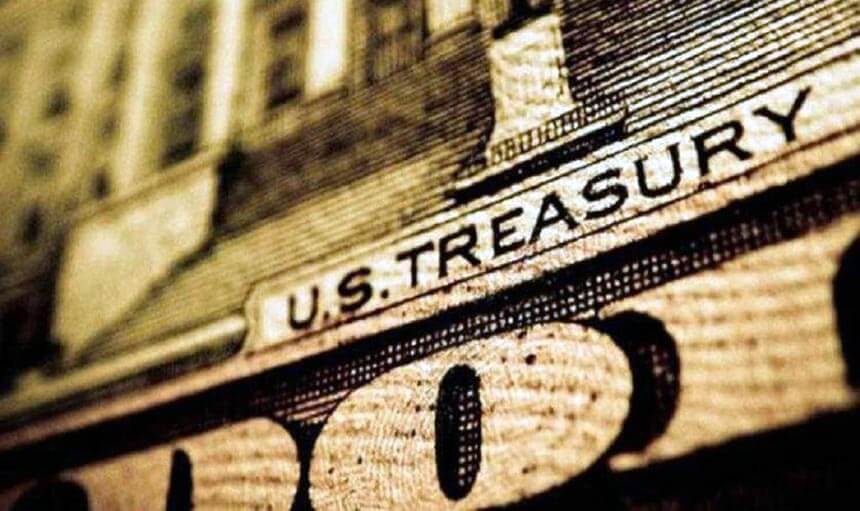While more easily quantified assets, such as stocks, bonds, or real estate may come to mind first, some economists have suggested that human capital is the most valuable asset in the world. So, what exactly is human capital? Human capital can be defined as the total economic value of an individual’s set of skills and talents. Human capital is considered a unique asset as it varies by age, health, education, occupation, industry, and experience. And unlike many other assets, human capital isn’t tradable and we can’t sell it on an exchange. This can make it difficult to put an exact value on one’s human capital.
Human capital is often valued by calculating the net present value of future earnings. The estimated value of human capital requires considering not only current wages, but also wage growth projections and the risk of marketable skills, both now and in the future. The relative value of human capital for a household is largest while in the accumulation phase. Someone who just graduated from college often has little accumulated savings (financial capital), but plans to work for the next 30 plus years. While a young investor may have little current financial wealth, their human capital, or the capacity to earn future income, is often their largest asset. As such, it affects both their optimal saving behavior and portfolio allocation.
The relative value of human capital within a total wealth portfolio changes over time as you age. Over time, earnings are converted into spending, saving, home equity accumulation, etc… As we progress through life, we need to account for the change in our human capital and the risk involved. Due to our human capital being the most valuable asset in our early stages of life, it can also be important to hedge that risk with disability insurance. This will help insure that a portion of your income can be replaced assuming you become disabled. Check out our past post for details on disability insurance.
When making portfolio decisions, the value and riskiness of your human capital need to be considered as well. It’s important that you take a holistic approach when allocating your portfolio. The safer your human capital, the more risk you can afford to take within your investment portfolio. We know the ability to reach financial goals depends not only on the payout from investment assets, but also on the amount of income from human capital earned over time. An investor with a more volatile human capital would generally have a lower percentage allocated to risky assets in their investment portfolio in order to compensate for the greater risk of human wealth.
Asset allocation should be adjusted based on the current value of human capital within a worker’s total wealth portfolio. Each year the value of human capital is gradually depleted. Since human capital is typically a bond-like asset, the allocation of the total wealth portfolio becomes riskier over time unless adjustments are made.
The appropriate level of emergency savings should also be based on your human capital risk. Individuals who work in occupations in which their income or employment is more volatile should generally have more emergency savings to protect against a large drop in earnings. For example, someone in a higher risk occupation such as sales may need to have one year’s worth of compensation set aside in an emergency fund, while an individual working in a safer job, such as a physician, may need significantly less.
As time goes on and your human capital begins to diminish, it’s essential to have a financial and investment plan in place to ensure you’re insulated against some of these risks associated with your diminishing human capital.
Ben Webster, CFP® and Derek Prusa, CFA, CFP®
Co-Founders and Owners of Aspire Wealth


